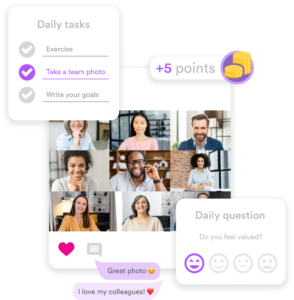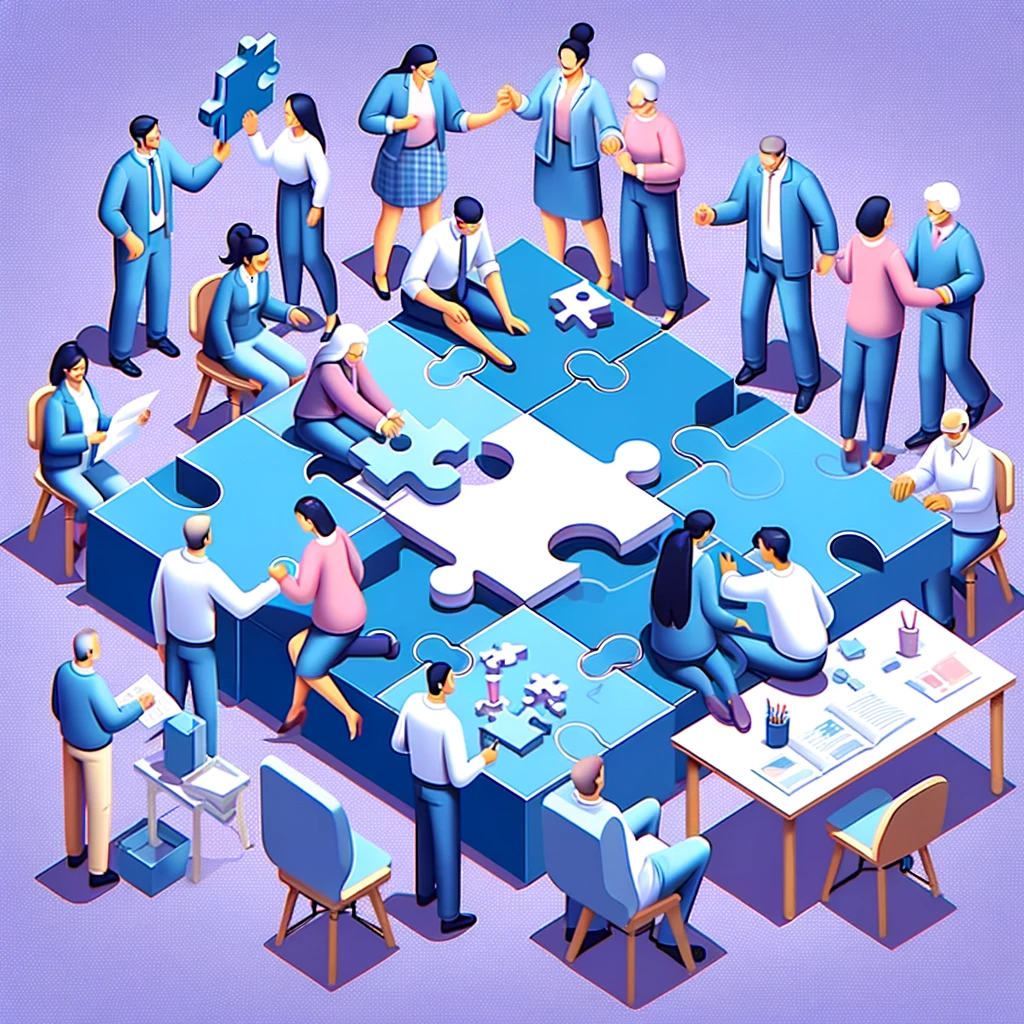Why is Communication in the Workplace Important
Why is Communication in the Workplace Important
Communication plays a vital role in our daily lives and is an integral part of the workplace. In the modern age in which we live, we receive, send, and process a large amount of news and information every day, associated with almost any company, any workplace. Read more: Tips for Improving Communication Skills.
Communication ensures the operation of the workplace and it is the quality of communication that can significantly affect the results of work. Improving communication can be done by choosing the use of signs or symbols common to the participants of the communication process, which is not always just the language, but also pictures, gestures, etc., resulting from the company’s common culture and experience. Gestures or pictures can be used to better explain the message to the employee. Successful communication is well thought out and purposefully presented because quality communication is the basis for the success of work.
Effective communication in the workplace is an integral part of company success
Quality communication in the workplace can eliminate unnecessary problems and promote better performance. The ability to communicate effectively in the workplace can increase overall productivity, and create a strong team. If employees consult with each other and consider the views of others, they will be interested in cooperating more and finding the best solution together.
By creating good communication, managers can better understand the talents and skills of their employees, then give clear instructions to the people who are best suited to the task, thus increasing the overall effectiveness of each particular project.
When teams fail to communicate effectively, the results are detrimental to the company. Research by the US company Gartner shows that 70% of the company’s mistakes are due to poor communication. These statistics show how important communication is and why more attention needs to be paid to clear instructions and negotiations to avoid mistakes in the workplace.
Here are some techniques to ensure effective communication:
- Start talking first. Take responsibility and start communicating first, don’t expect someone else to do it. To make communication more successful, it is better to meet in person and discuss the most important topics so that there are no unnecessary misunderstandings.
- Prepare what to say. Think before you speak. A conversation is more effective if you have prepared in advance, clearly thought out, and formulated what you want to say and get from the conversation.
- Be prepared for different answers. When formulating a speech strategy, put yourself in the role of the person who will listen to you. This way you will be ready for various answers and possible disagreements, and it will be easier to defend your opinion.
- Arranging a meeting. This is still one of the best approaches to communicate effectively with a team. During the meeting, there is an opportunity for the whole team to meet and discuss current issues, where each team member has the opportunity to express their opinion and discuss what has been done.
- Use simple words. To be effective in communicating with colleagues, use words that are easy to understand. If you use vague words or sentence structures that are too long, people may not understand the main idea you want to say, and you may have to spend your time explaining again.
- Listen to what the other has to say. The ability to listen to each other’s words is one of the biggest problems in communication. Listen to what the other person wants to say to you, do not stop while he is talking, and if you do not understand, ask. Before answering, make sure that you have really heard and understood everything correctly.
- Avoid unnecessary repetition. If you want your colleagues to perceive your ideas, don’t get carried away with verbiage. Tell your colleagues briefly and specifically what you want them to understand, and ask if everything is clear to them.
Interesting facts about communication that can be useful for you:
- We process visual images faster than words (and also remember better).
- We think much faster than we can hear – we can listen to 100-125 words per minute, while our brains can think up to 3000 words per minute.
- Employees spend an average of 2 hours a day worrying and gossiping.
- People’s emotions can be expressed in at least 21 different facial expressions – they play an important role in communicating with others.
- Employees who believe that managers are really listening to them are almost 5 times more likely to be enthusiastic and 21 times more likely to feel loyal to their company.
Remember! All communication is based on your mood. If you are in a bad mood before starting communication, then do not be surprised that communication may fail. Have a positive mindset before you start communicating! Read more: The Importance of Social Engagement at Workplace.










